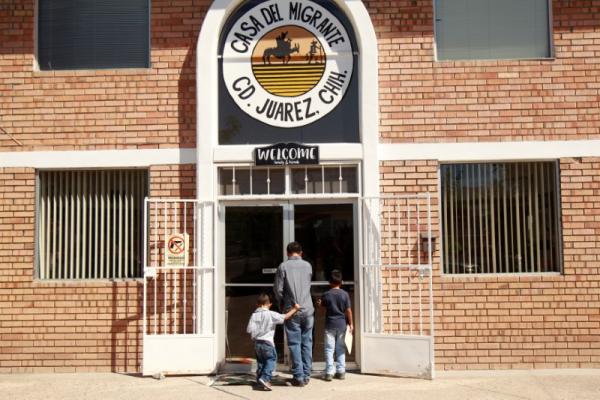Jun 21, 2018
In this violent crisis, not significantly mitigated by President Trump’s recent executive order,every Catholic bishop becomes a “border bishop.” The tools of active nonviolence offer a way forward. In the first World Day of Peace message, Blessed Pope Paul VI said, “Peace is the only true direction of human progress — and not the tensions caused by ambitious nationalisms, nor conquests by violence, nor repressions which serve as mainstay for a false civil order.” He warned of “the danger of believing that international controversies cannot be resolved by the ways of reason, that is, by negotiations founded on law, justice, and equity, but only by means of deterrent and murderous forces.”
Read the Full Article

Already a subscriber? Login
